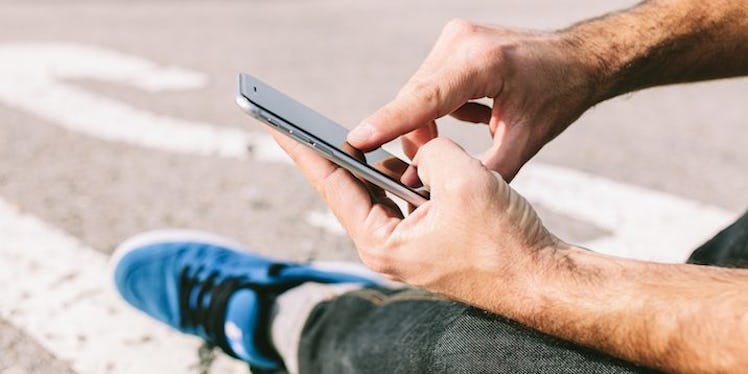
New iPhone 8 Details Reveal The Way You Charge Your Phone May Completely Change
Like many tech companies, Apple is often accused of ensuring its devices have very specific features that don't necessarily improve the phone or increase convenience. In fact, these features ensure customers have to buy more accessories.
The Lightning charger is a prime example.
The iPhone uses the Lightning charger, while the latest version of Apple's laptops use the USB-C charger, requiring people who have both to buy adapters.
According to The Wall Street Journal, this may change with the iPhone 8,
[Sources] said Apple would introduce other updates including a USB-C port for the power cord and other peripheral devices instead of the company's original Lightning connector. The models would also do away with a physical home button, they said. Those updates would give the iPhone features already available on other smartphones.
This is great news for anyone hoping the iPhone 8, the 10th anniversary iPhone, will be a more compatible device.
Long story short: It sounds like the iPhone 8 might not require people to carry as many cords, and if you're with a friend who has a charger for the Google Pixel or Android devices, but you forgot yours, your iPhone might now be compatible.
There are also rumors the new iPhone will feature a separate wireless charging accessory, Business Insider reports, which also sounds pretty convenient.
The iPhone 8 is going to be a very expensive device, with reports saying it will cost as much as $1,000 or more.
Whether all the new updates are worth it is totally up to you, but it does seem as though it will be the most advanced and user-friendly iPhone we've seen yet.
The iPhone 8 is expected to be launched sometime in the fall, most likely September.
In the meantime, for anyone who's feeling a bit impatient, there are also rumors Apple is poised to release a new version of the iPhone 7 in the coming weeks.
Citations: The iPhone 8 could ditch Apple's current charger — for the same kind Google uses (Business Insider), Apple's Next iPhone Will Have a Curved Screen (The Wall Street Journal)